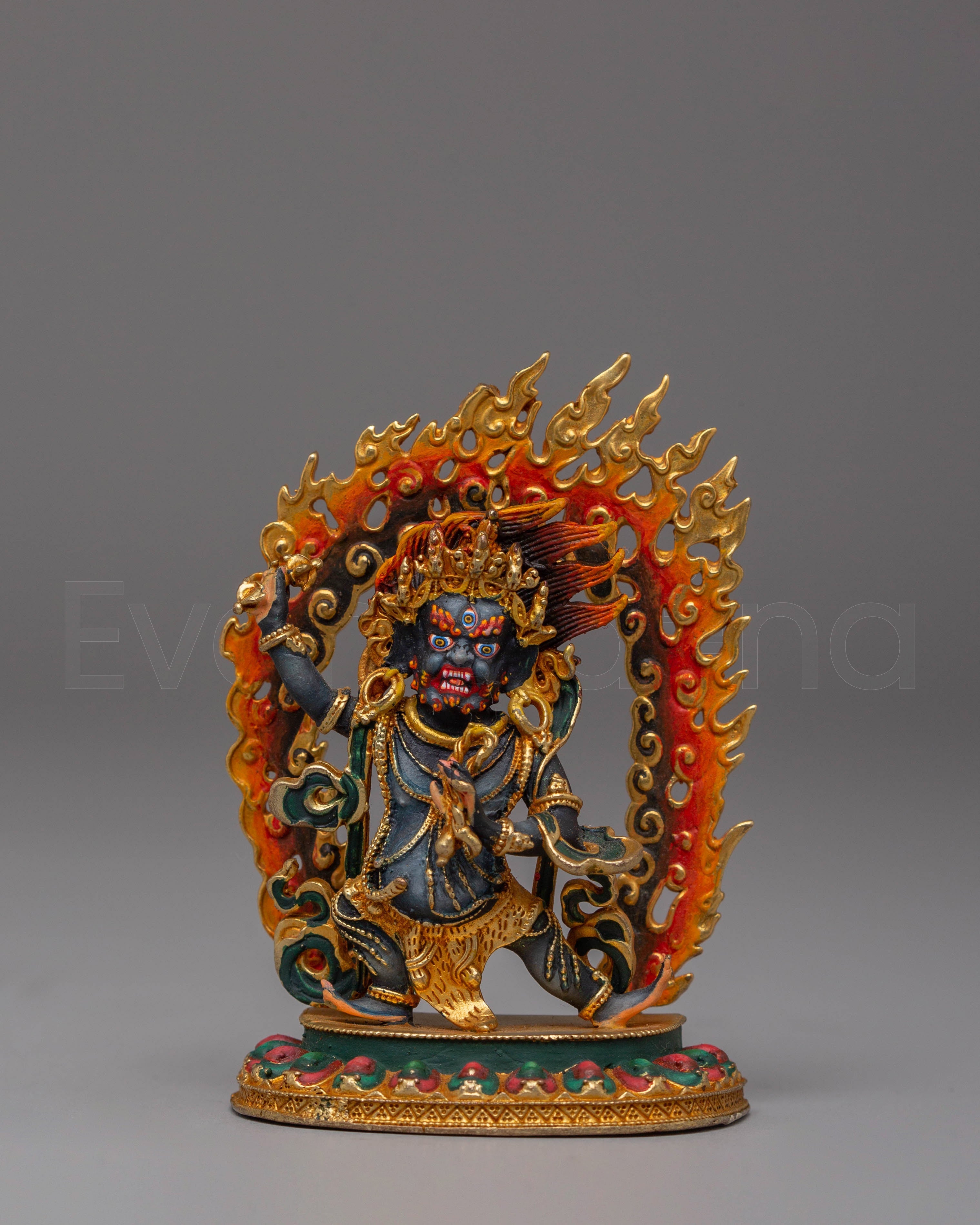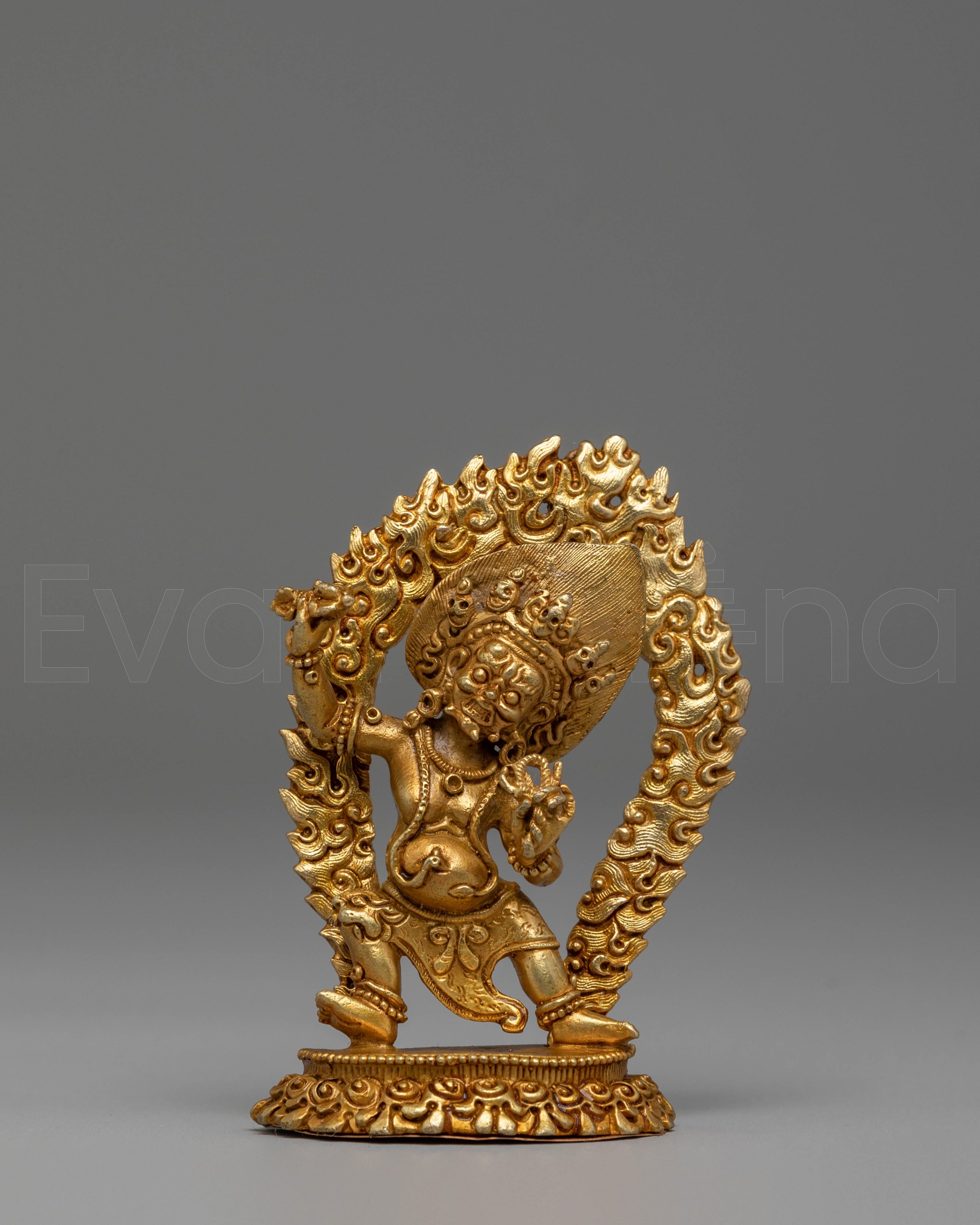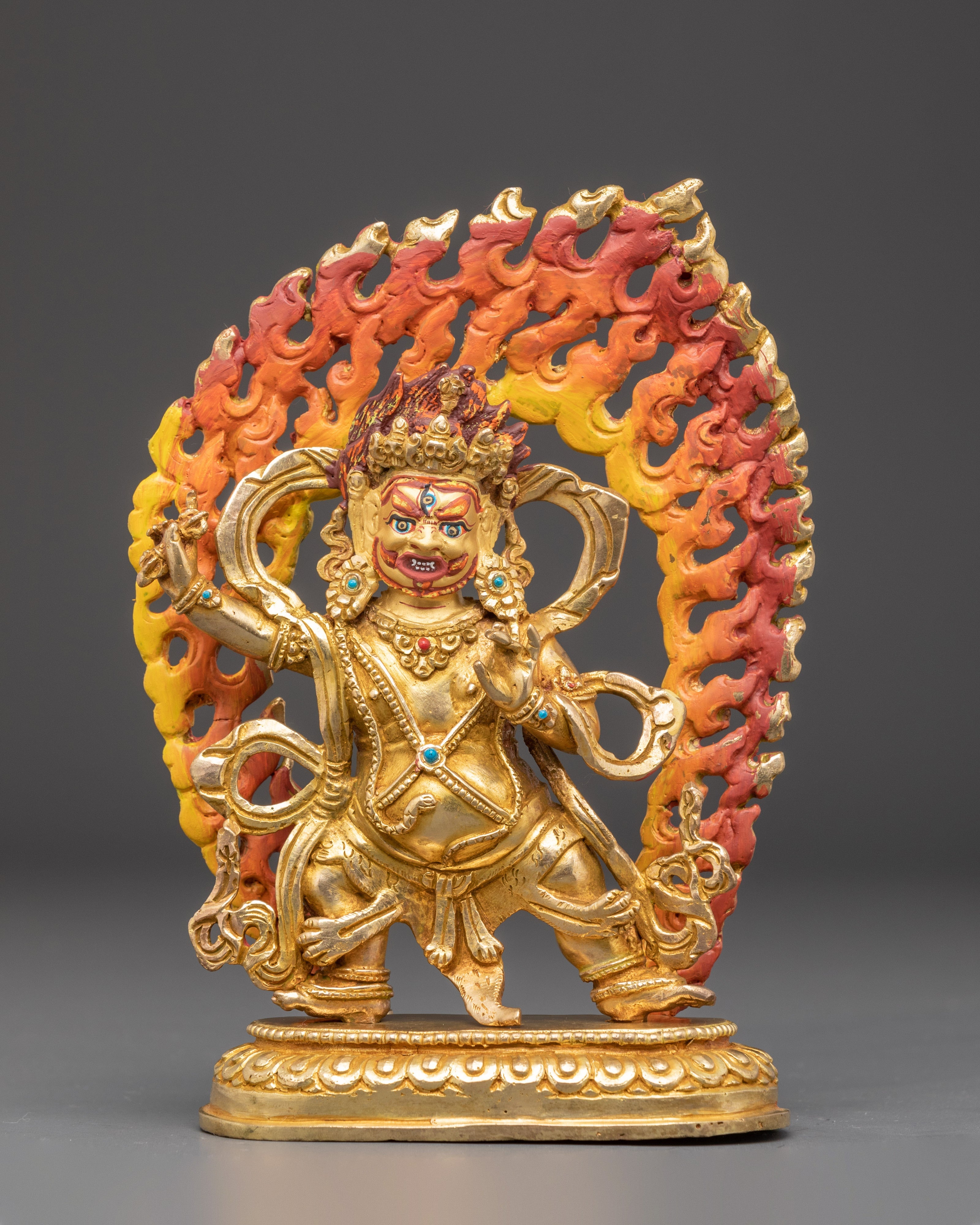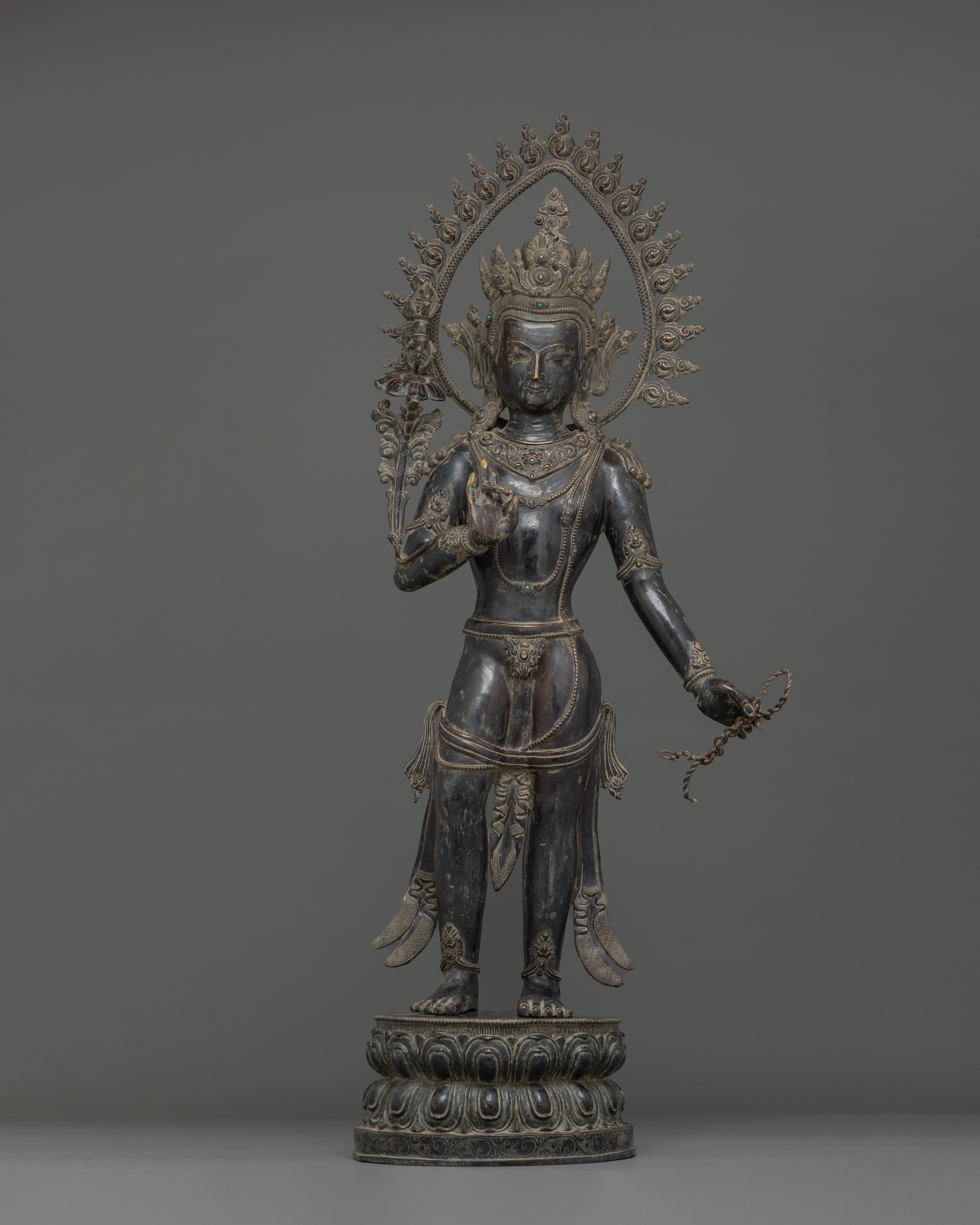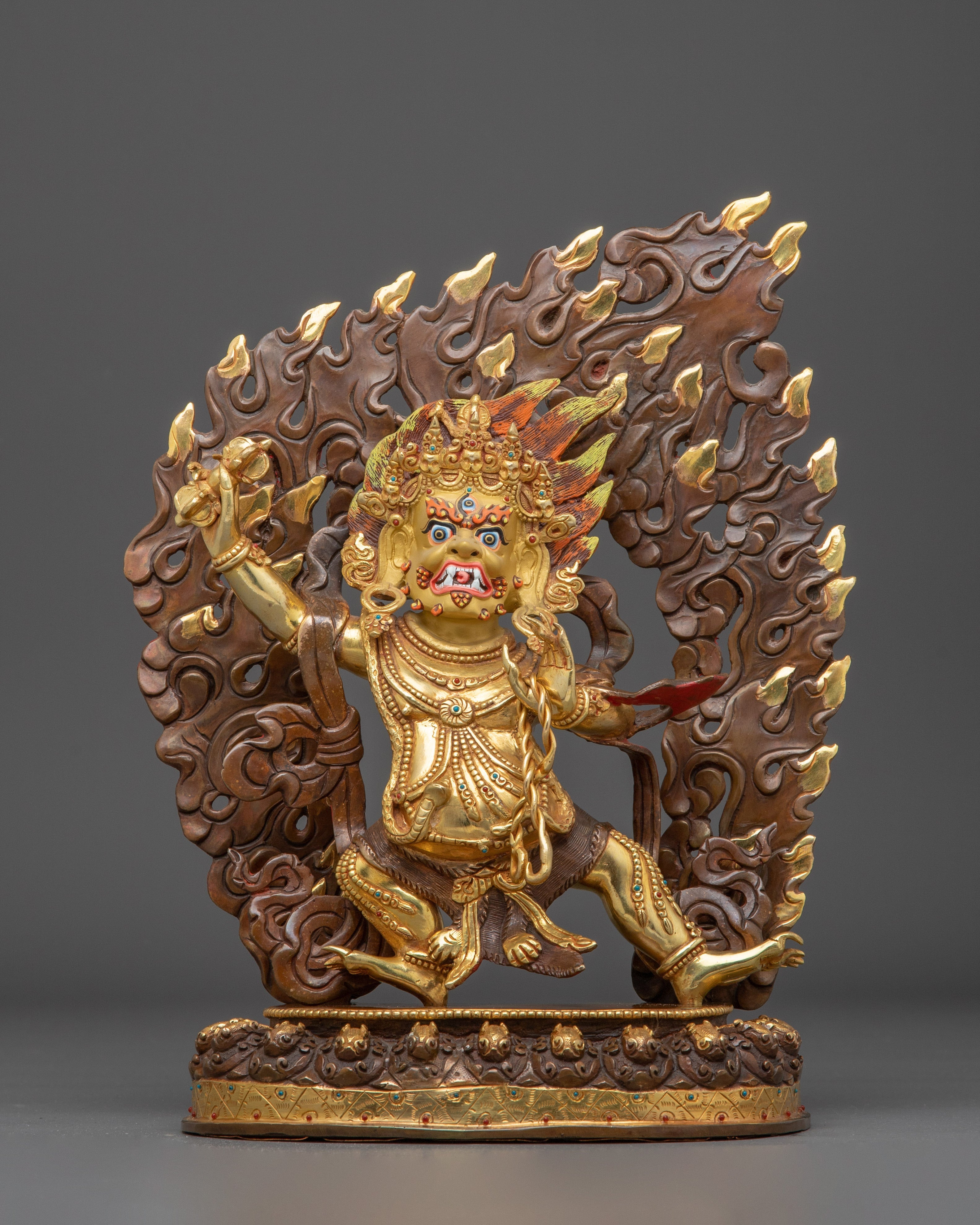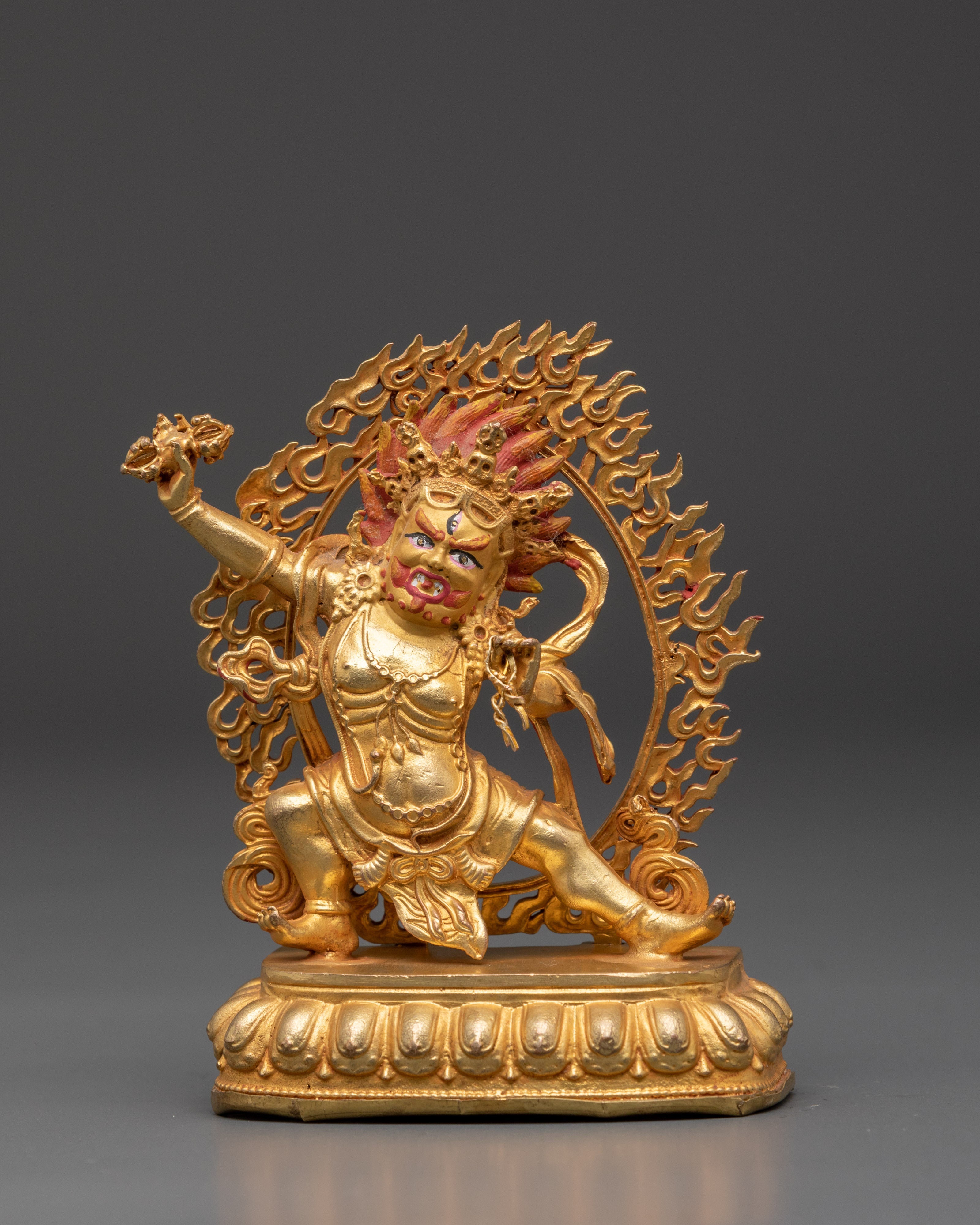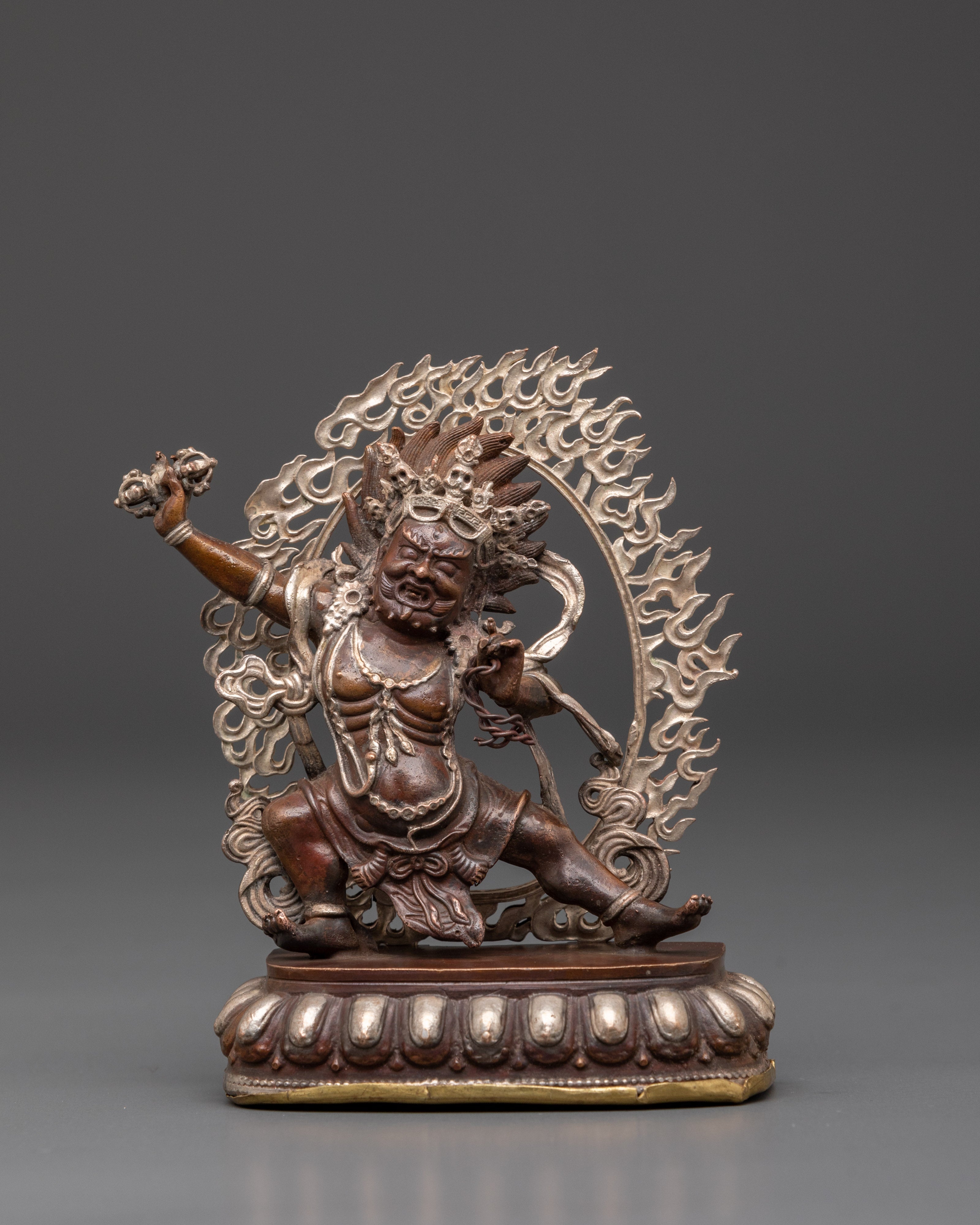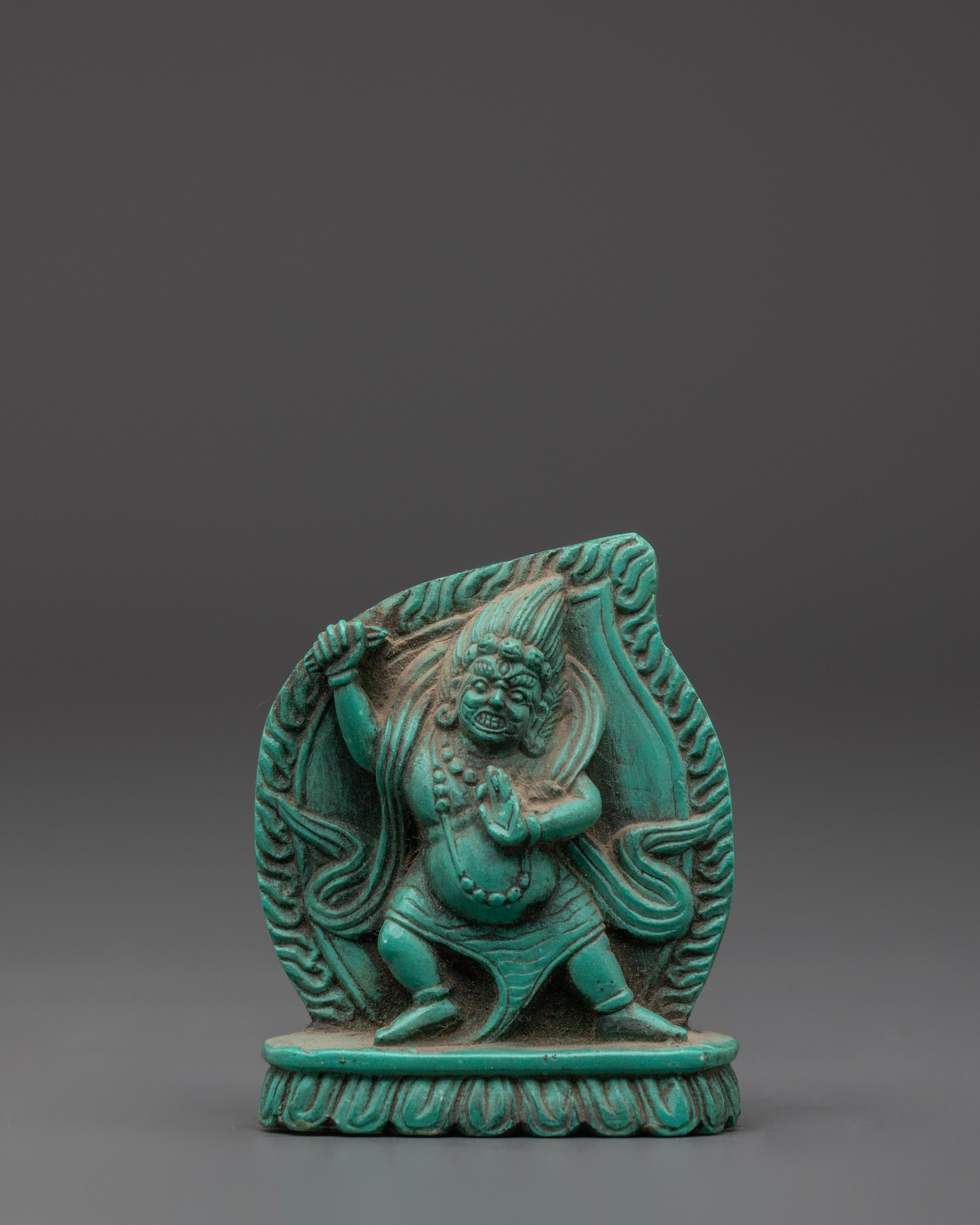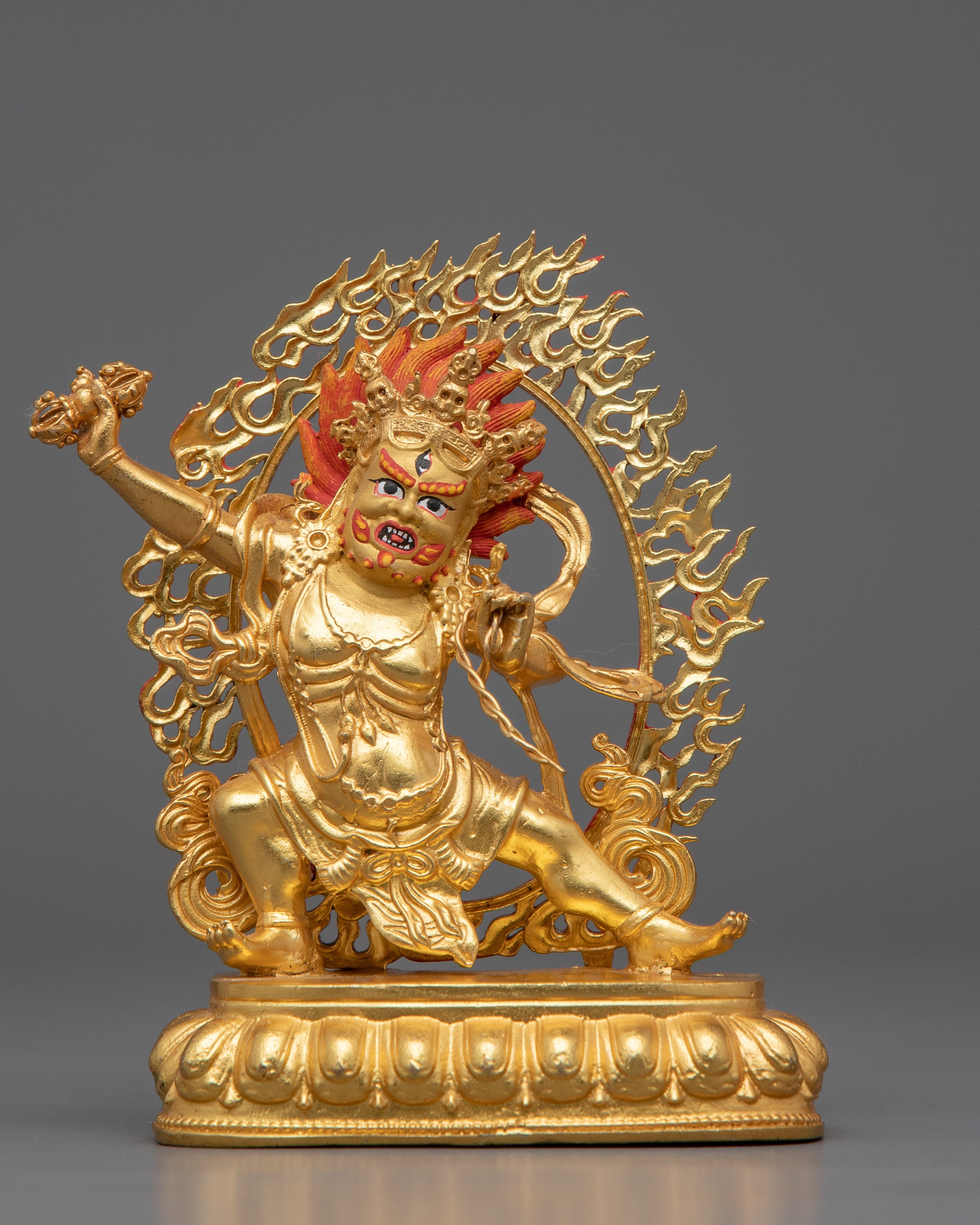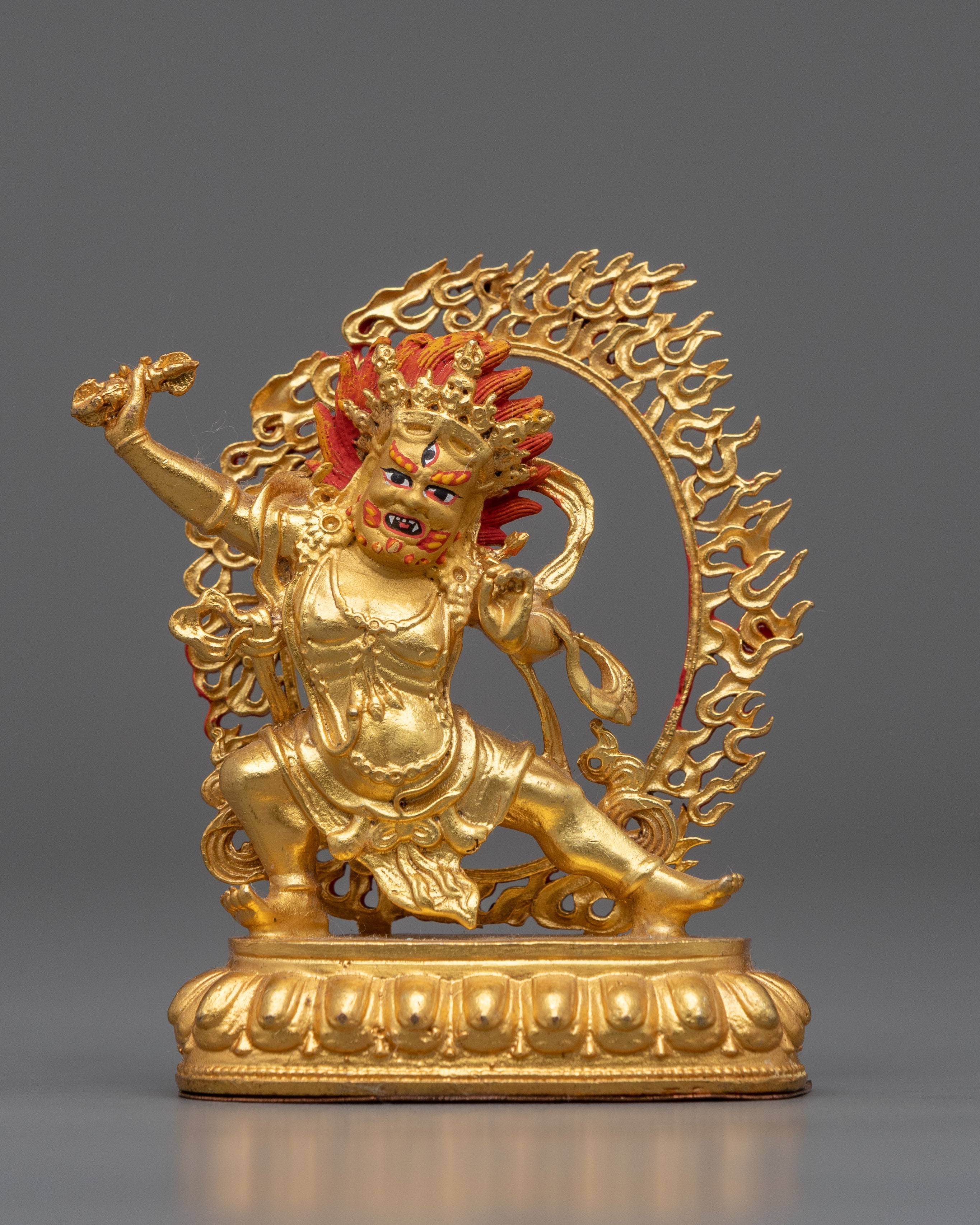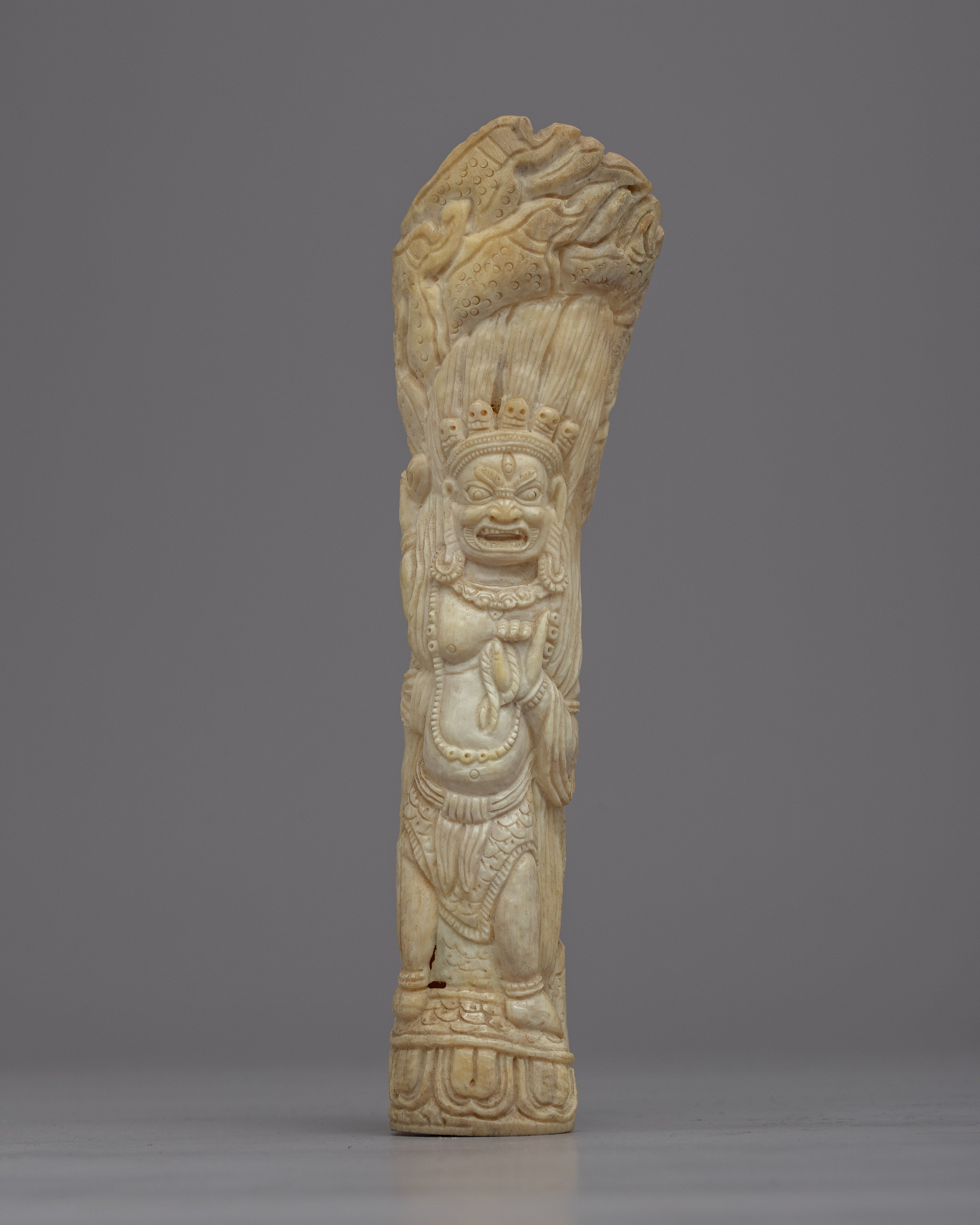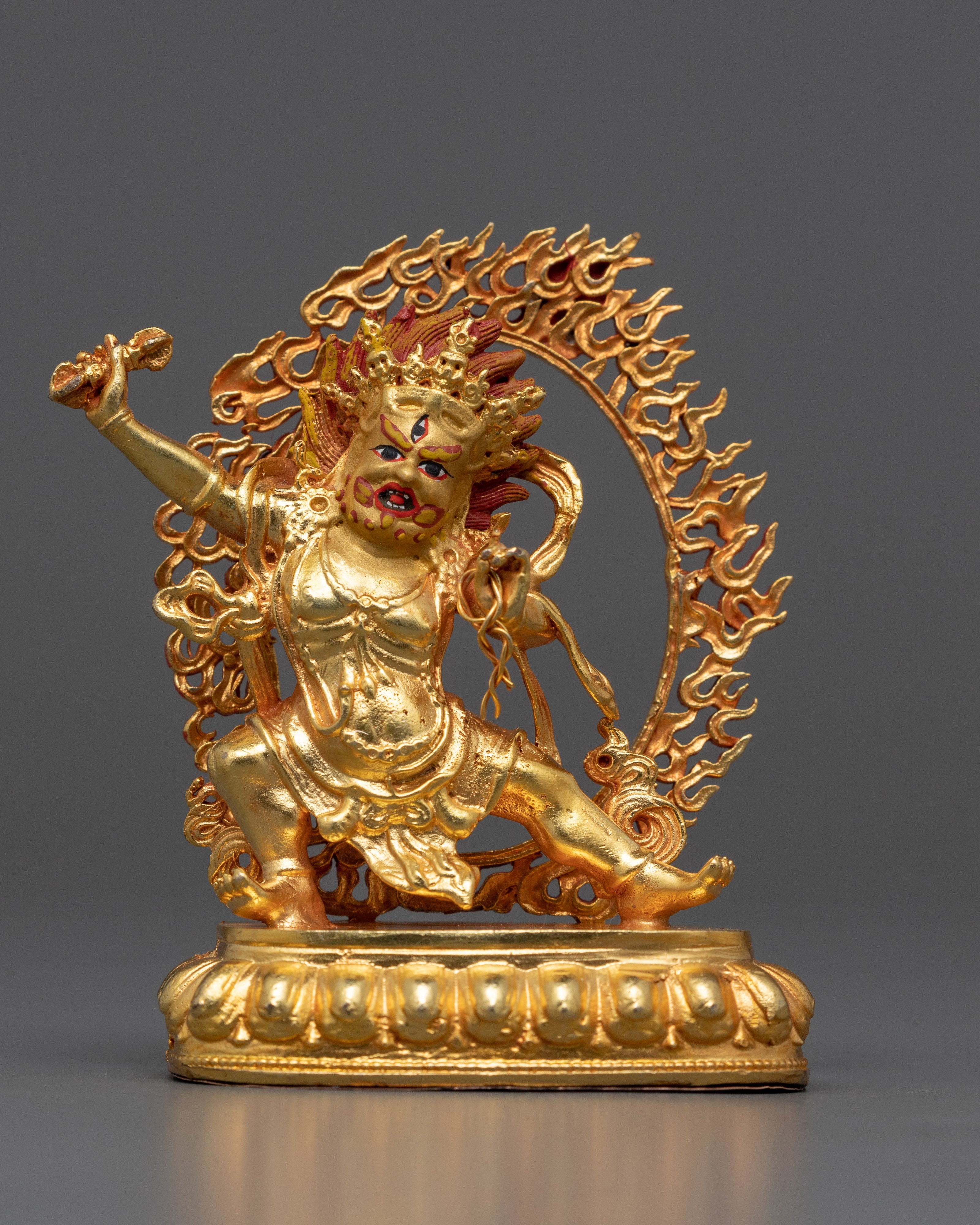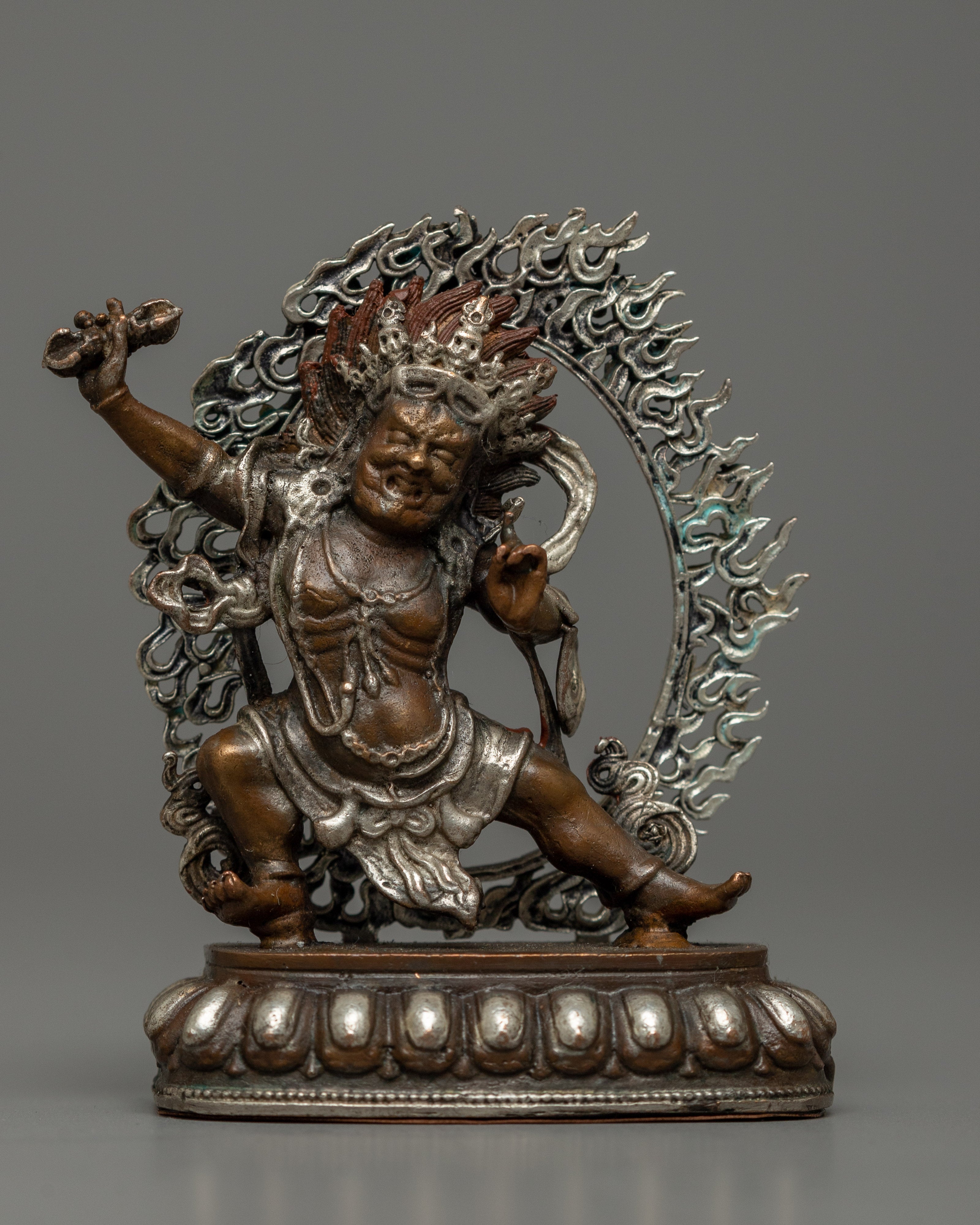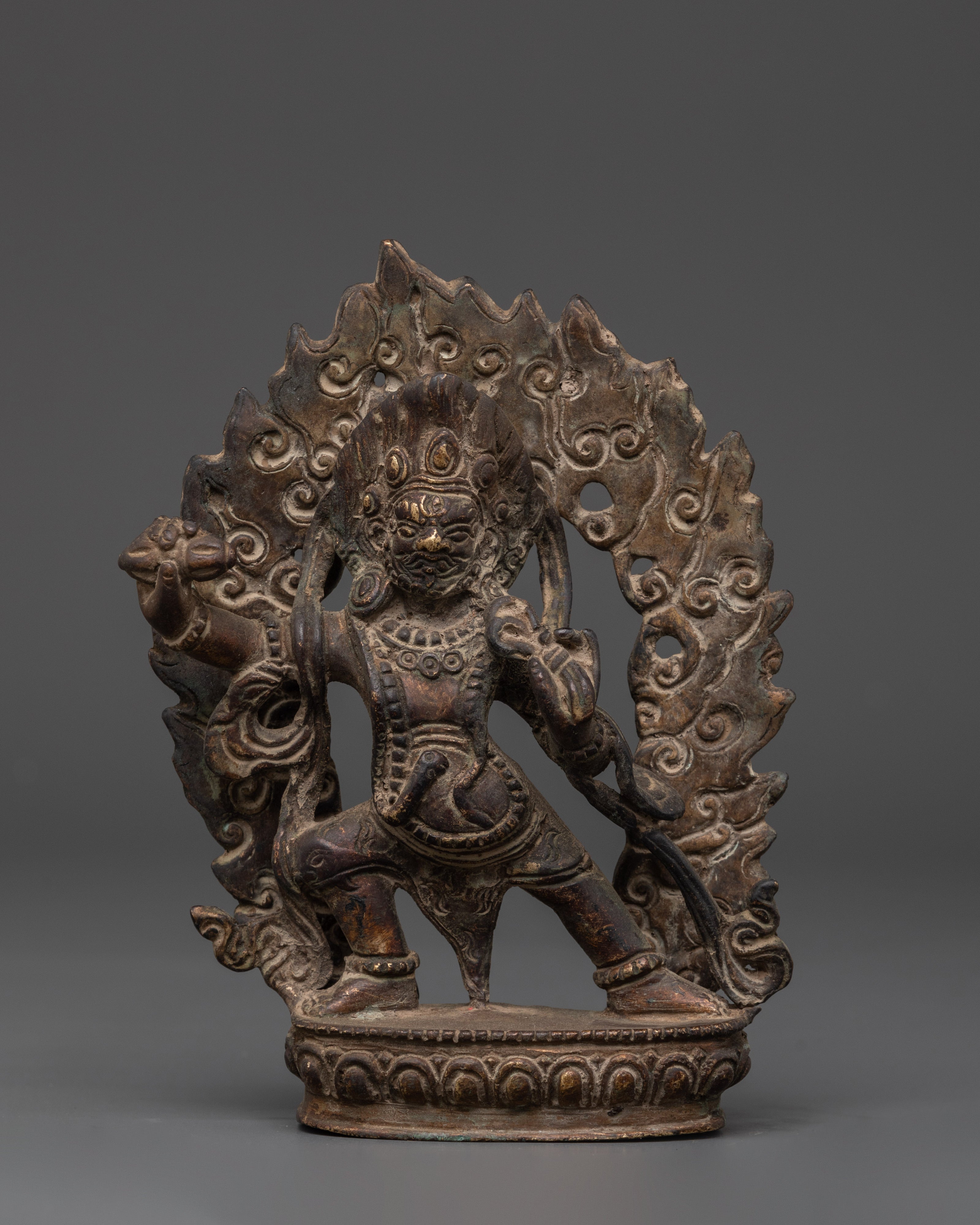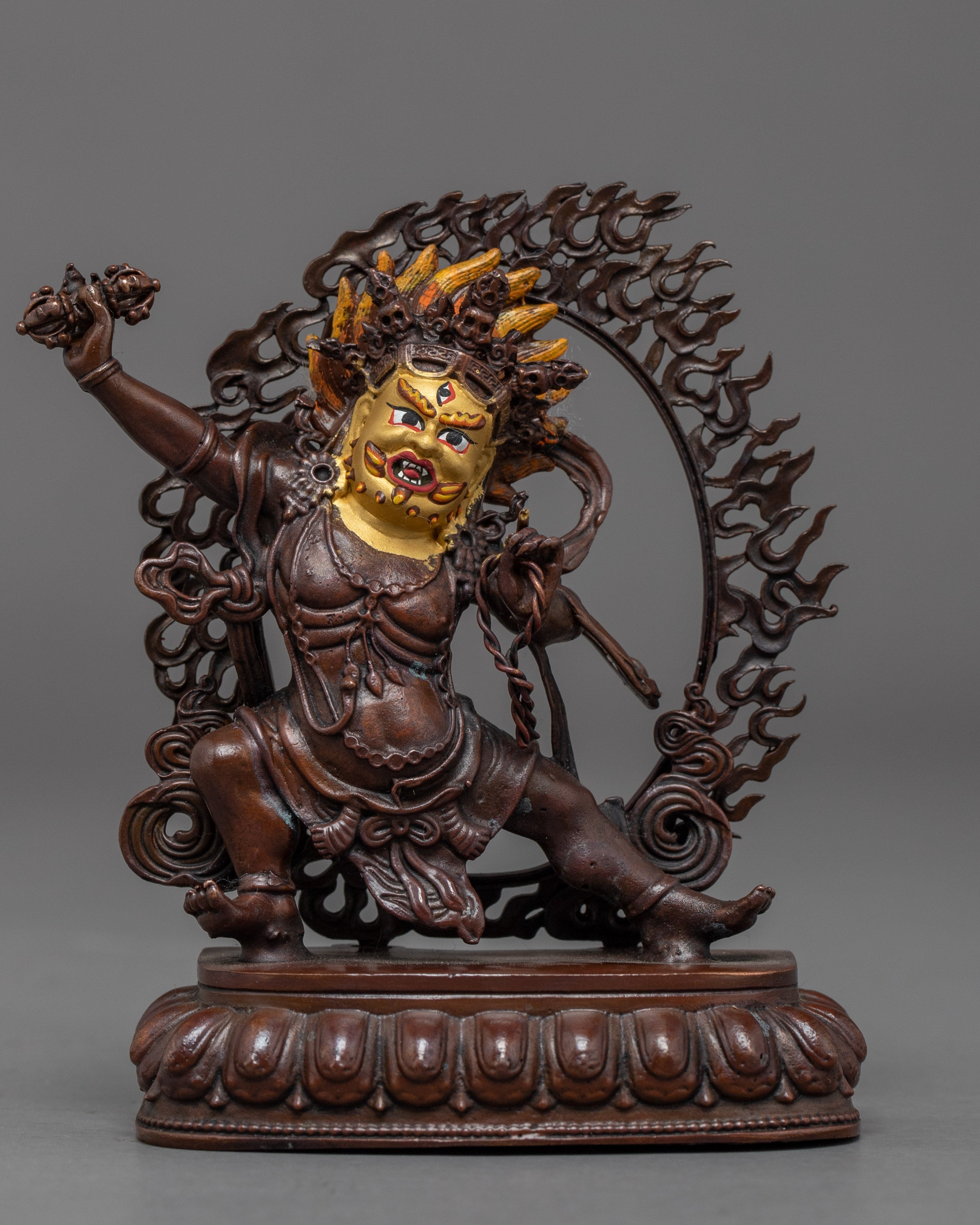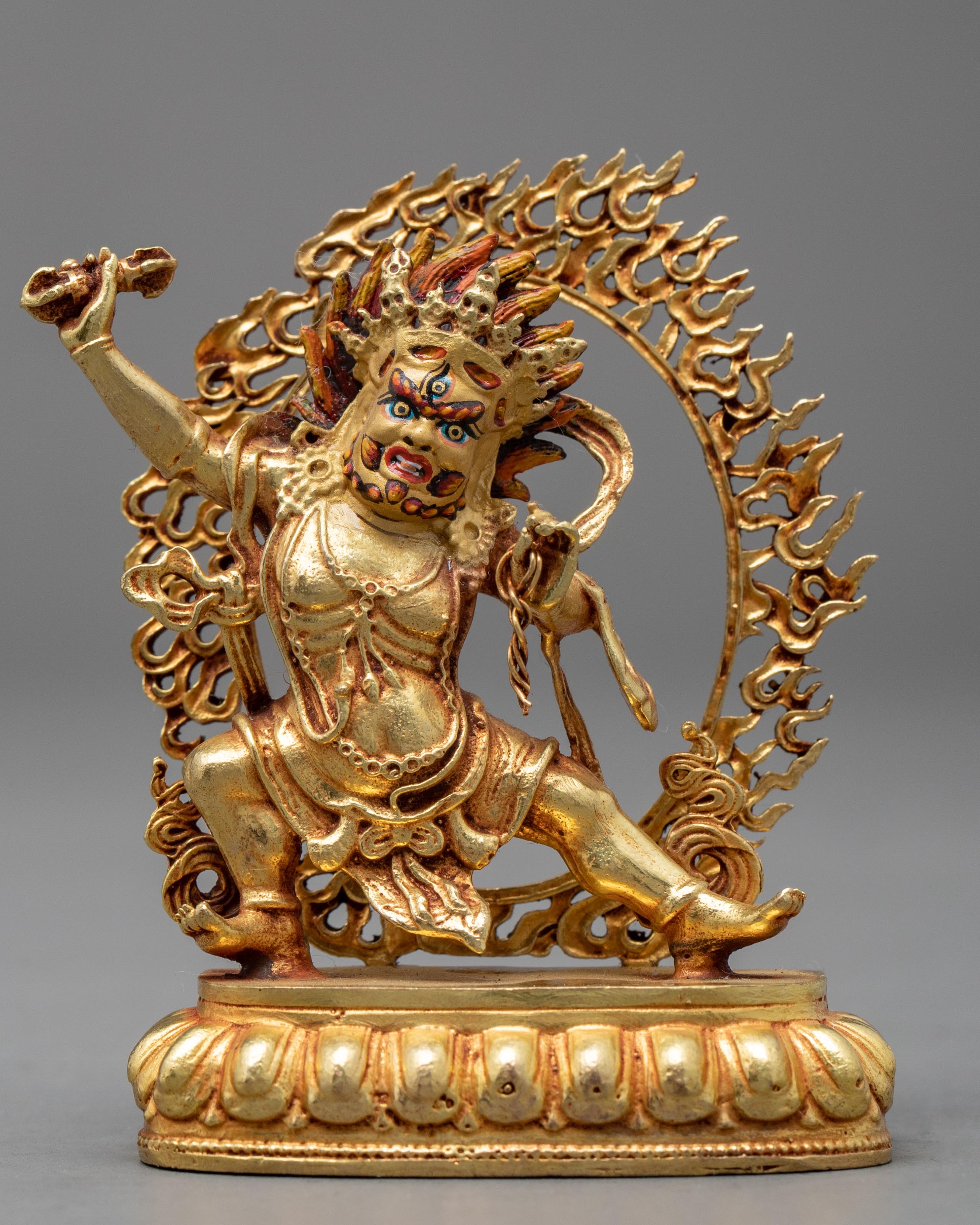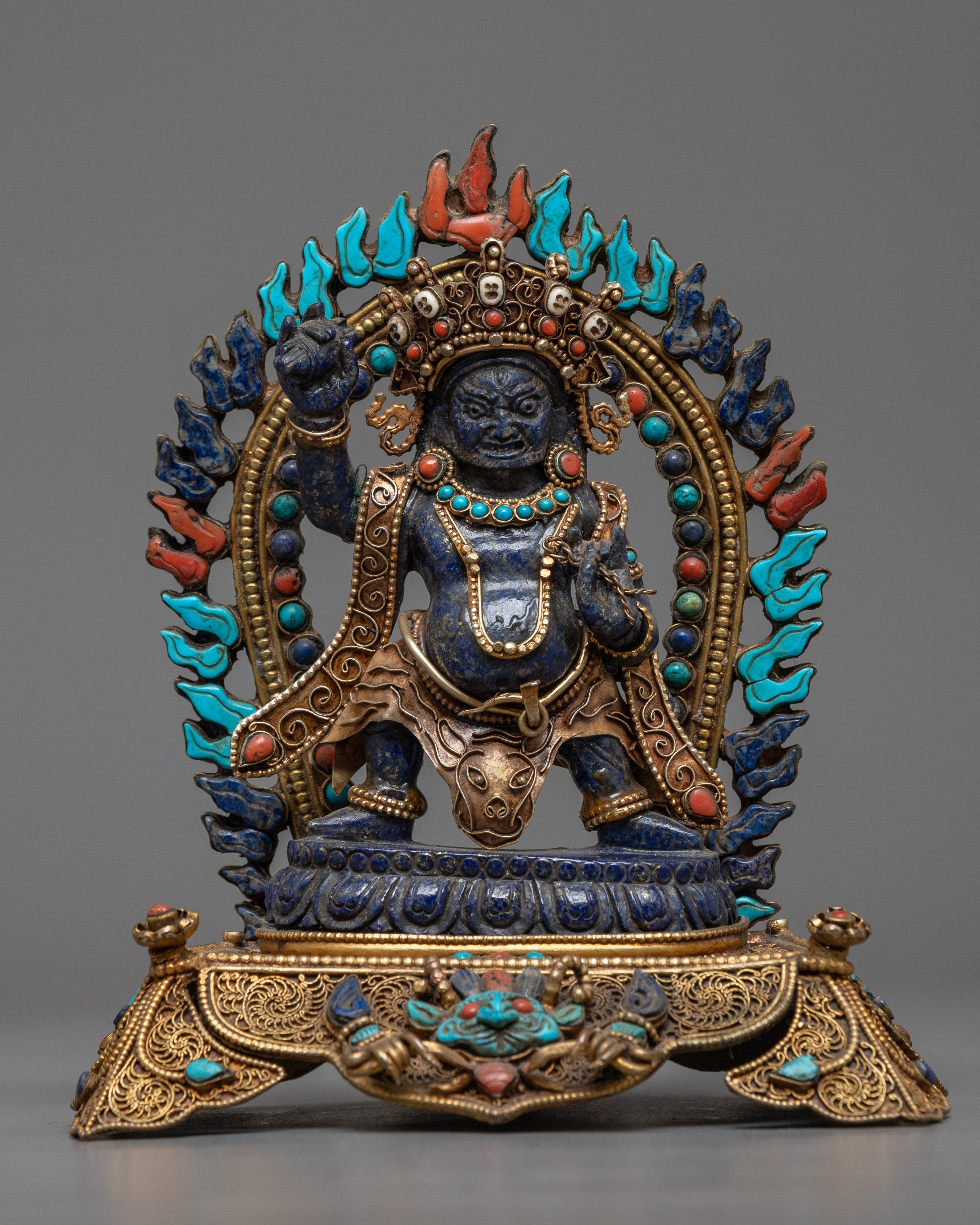Bodhisattva Statue
60 products
Showing 1 - 24 of 60 products
Bodhisattva: Compassionate Beings on the Path to Enlightenment
Background and Significance:
In the context of Mahayana Buddhism, the Bodhisattva represents the compassionate embodiment of a selfless commitment to the well-being of all sentient beings. The term "Bodhisattva" is derived from the Sanskrit words "bodhi," signifying enlightenment, and "sattva," meaning conscious being. Early Mahayana texts, such as the Mahayana Sutras, emphasized the aspiration to become a Buddha to liberate others, which is the foundational concept of the Bodhisattva.
According to Mahayana Buddhism, a Bodhisattva is an enlightened being who postpones their entry into Nirvana, the ultimate state of liberation, to assist others on their spiritual journey. This ideal is defined by a generous dedication to the welfare of all sentient beings, greatly influencing Buddhist ethics and practice.
Attributes and Iconography:
Bodhisattvas are often depicted with specific characteristics and symbols that distinguish them. Although there are numerous Bodhisattvas in Mahayana Buddhism, one of the most renowned is Avalokiteshvara, who is celebrated for boundless compassion. Avalokiteshvara is often portrayed with a thousand arms, each bearing an eye in the palm, symbolizing vigilant care over the world's suffering. This image signifies the Bodhisattva's capacity to perceive and tend to the needs of countless beings simultaneously.
Manjushri is another well-known Bodhisattva associated with wisdom and knowledge. Manjushri is commonly depicted wielding a sword that cuts through ignorance, representing the power of wisdom to dispel the darkness of illusion. Such imagery underscores the significance of understanding in attaining enlightenment.
Associated Stories and Beliefs:
Jataka tales, a collection of narratives recounting the Buddha's previous lives, often feature Bodhisattvas in diverse roles. These stories provide moral lessons to inspire practitioners on their path to enlightenment and exemplify the Bodhisattva's unwavering commitment to serving others.
Through prominent figures like Avalokiteshvara and Manjushri, Bodhisattvas embody essential virtues of compassion and wisdom. These stories and beliefs, as found in the Jataka tales and the life of Prince Siddhartha, offer profound inspiration to Buddhists seeking to cultivate selflessness and wisdom in their own lives. Ultimately, the Bodhisattva ideal encapsulates the core principles of Mahayana Buddhism, motivating followers to pursue enlightenment while aiding others on their spiritual journey.



